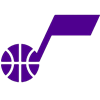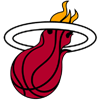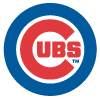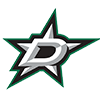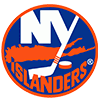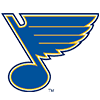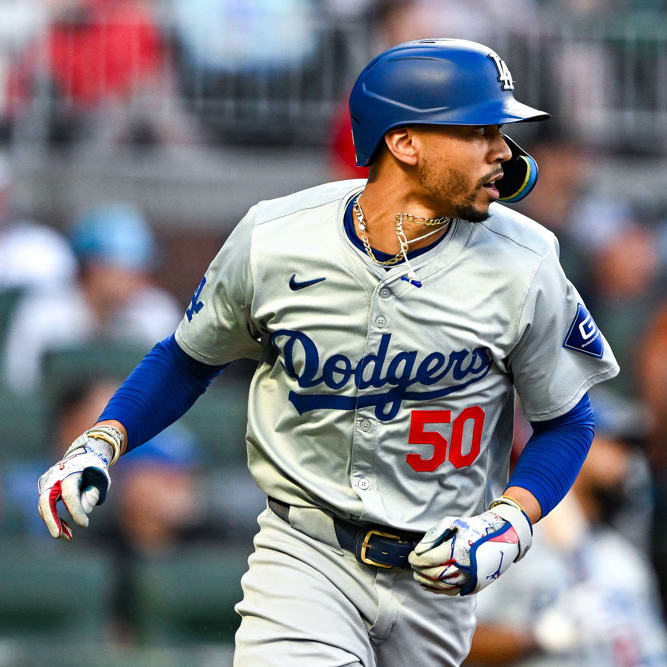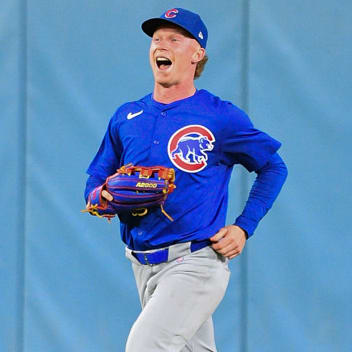After putting the time into generating the site playoff rankings, I decided to battle test them in the NFBC Postseason Holdem contest. Before reviewing my strategy, I'd like to briefly discuss the rankings refresh posted Wednesday night after the NL Wild Card game.
The obvious change was removing the Yankees and Cardinals. Past that, I updated the rankings based on the new playoff odds. This entailed not only boosting the Dodgers and Red Sox, but reevaluating the odds in general. Specifically, I was taken aback by the difference between Fangraphs and Baseball Reference. I altered the weighted average between those two and the betting odds to favor the latter. Initially, my thought was betting odds are influenced by the bookmaker wanting to even the money on both sides, thus they may not reflect the true odds of winning. However, when the two analytical processes differed by so much, I figured Vegas knows a little something about this sort of thing.
Here was my approach when setting the NFBC lineup. It's very subjective, so your mileage may vary.
There are 16 lineup spots. All eight remaining playoff teams are represented, with no more than three per team. With the general philosophy of trying to win it all and not playing it safe (which goes against every fiber of my being), the clear pathway is to choose three players from the teams I expect to win their series, and one from each of the losing teams. Admittedly, part of this is
After putting the time into generating the site playoff rankings, I decided to battle test them in the NFBC Postseason Holdem contest. Before reviewing my strategy, I'd like to briefly discuss the rankings refresh posted Wednesday night after the NL Wild Card game.
The obvious change was removing the Yankees and Cardinals. Past that, I updated the rankings based on the new playoff odds. This entailed not only boosting the Dodgers and Red Sox, but reevaluating the odds in general. Specifically, I was taken aback by the difference between Fangraphs and Baseball Reference. I altered the weighted average between those two and the betting odds to favor the latter. Initially, my thought was betting odds are influenced by the bookmaker wanting to even the money on both sides, thus they may not reflect the true odds of winning. However, when the two analytical processes differed by so much, I figured Vegas knows a little something about this sort of thing.
Here was my approach when setting the NFBC lineup. It's very subjective, so your mileage may vary.
There are 16 lineup spots. All eight remaining playoff teams are represented, with no more than three per team. With the general philosophy of trying to win it all and not playing it safe (which goes against every fiber of my being), the clear pathway is to choose three players from the teams I expect to win their series, and one from each of the losing teams. Admittedly, part of this is heart over head, but my four winners are the Dodgers, Brewers, Red Sox and White Sox.
Next, I identified the sole player from the losing teams. Of course, better players were targeted, but some consideration was given to choosing a position easily replaced with a guy from one of the advancing teams. A good example is Freddie Freeman. First base isn't all that strong, but there are a few batters who should be available to add in the next round. Specifically, Jose Abreu and Kyle Schwarber come to mind.
Now it's time to decide on the last dozen. The first thought I had was focusing on pitchers from the series I expected to end quickly. The ratio of hitter to pitcher points favors the arms if a series ends in three or four games. If it goes five, the team's first hurler will likely pitch twice, which is obviously a good thing. The series I pegged as ending quickest was the Brewers over Atlanta. The discrepancy in starting pitching is too big to ignore.
The rest is just solving a puzzle, starting with the best options on each team, then tweaking to maximize potential points. Unfortunately, the posted rankings aren't ideal for this since they bake in probability of advancing, and I'm more interested in a heads-up ranking. That said, if I'm doing this next season, the plan could be one set for the NFBC contest and one for draft leagues.
Here is what I landed on for my Divisional Series lineup.
- C: Yasmani Grandal, CWS
- 1B: Freddie Freeman, ATL
- 2B: Jose Altuve, HOU
- SS: Xander Bogaerts, BOS
- 3B: Rafael Devers, BOS
- OF: Brandon Lowe, TB
- OF: Luis Robert, CWS
- OF: Eloy Jimenez, CWS
- OF: Mookie Betts, LAD
- UT: Willy Adames, MLW
- P: Logan Webb, SF
- P: Nathan Eovaldi, BOS
- P: Corbin Burnes, MLW
- P: Walker Buehler, LAD
- P: Max Scherzer, LAD
- P: Brandon Woodruff, MLW
Good luck to those playing. I hope to see you on the leaderboard.







